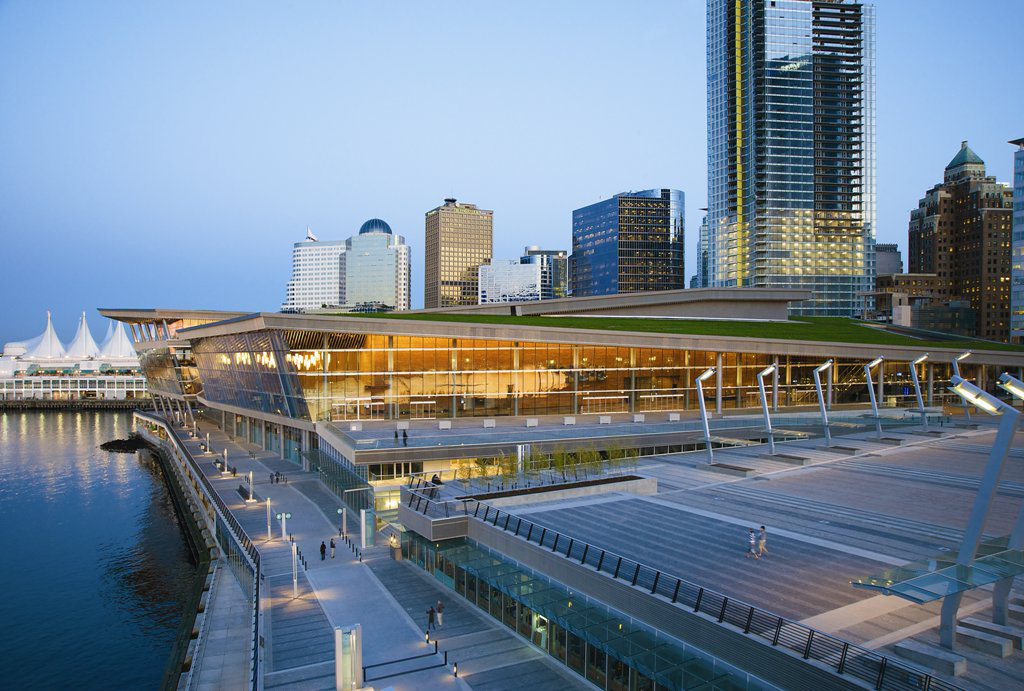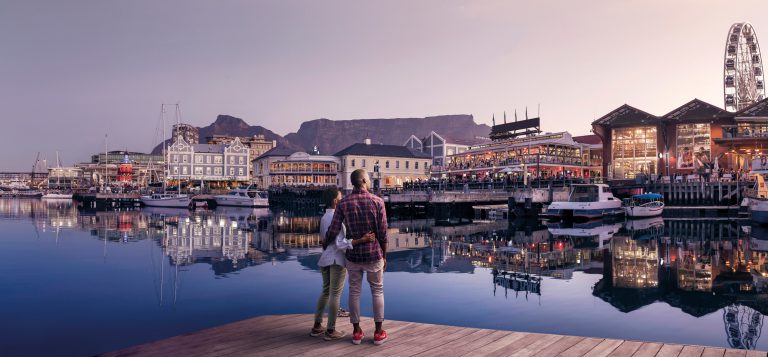Though each of BestCities’ 11 partner destinations are experiencing a different stage of reopening, all remain committed to attendee and staff safety, superior service, and equipping planners and delegates with need-to-know information. Read on for safety protocol updates from every destination in the BestCities Global Alliance. Information is accurate at time of publishing, but please don’t hesitate to reach out to the CVBs for the most up to date information.
Berlin
Travel to Germany remains restricted for countries outside the European Union and the UK, though the meeting industry is gearing up for a strong reopening. First, the government increased the maximum number of participants at conferences and events to 1,000 people indoors (starting October 1) and 5,000 outdoors. In tandem, visitBerlin published a comprehensive Hygiene Framework guide listing hygiene, sanitation and safety requirements for various event components, including check-in, visitor management and operation of technical equipment. Finally, the Berlin Senate approved a congress fund that subsidizes planners who host congresses, conferences, meetings or events in Berlin through 2020/21. Delegates and planners can refer to the visitBerlin website for need-to-know travel and event management information, as well as dates for various online seminars discussing how to organize Meetings Made in Berlin.
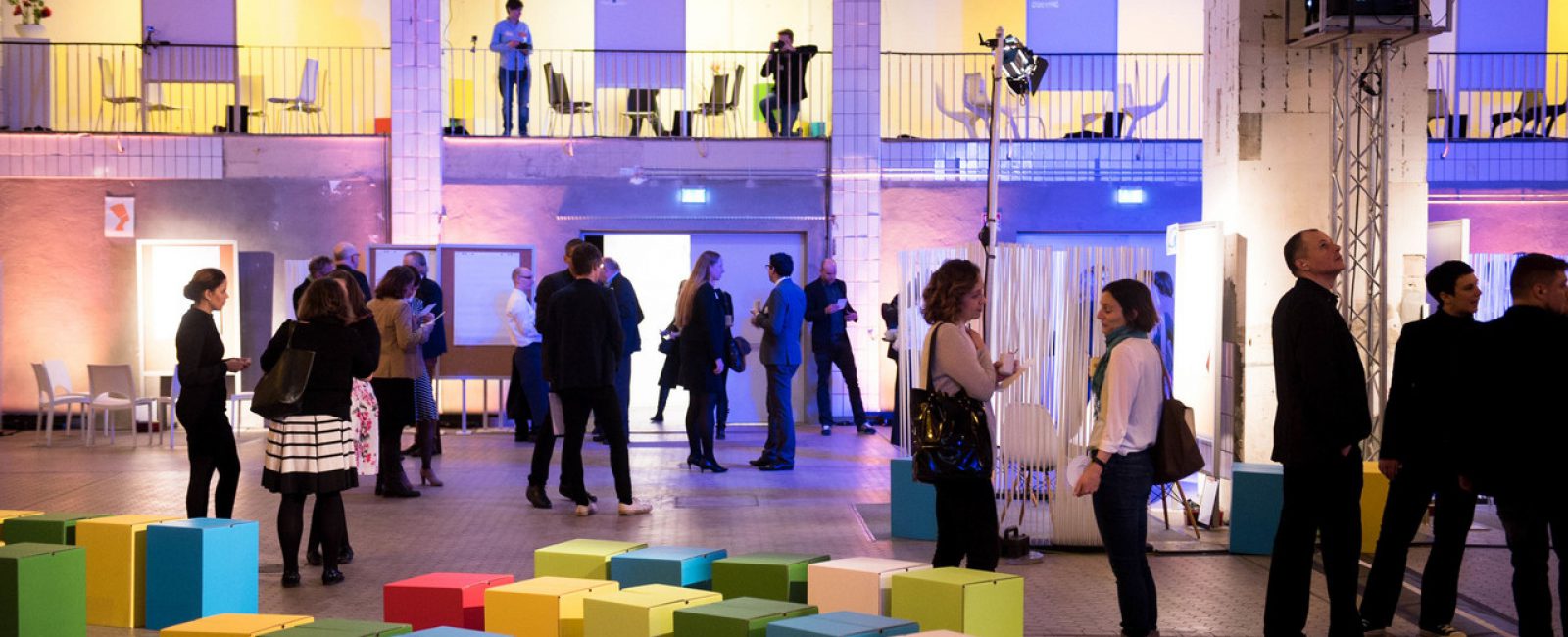
Bogota
While Colombia’s borders remain closed to international travellers, Bogota is well-prepared for reopening. El Dorado International Airport has implemented strict health and safety measures that prioritize the wellbeing and comfort of travellers, including biosafety protocols that utilize forward-thinking technology. Meanwhile, the Colombian government introduced the COVID-19 Biosafety Check-in Certification Seal, endorsed by the World Tourism Organization and the first of its kind in Latin America. Designed to encourage tourism, the certification assures visitors that individual attractions, activities or venues have demonstrated compliance with biosafety protocols and are safe to visit.
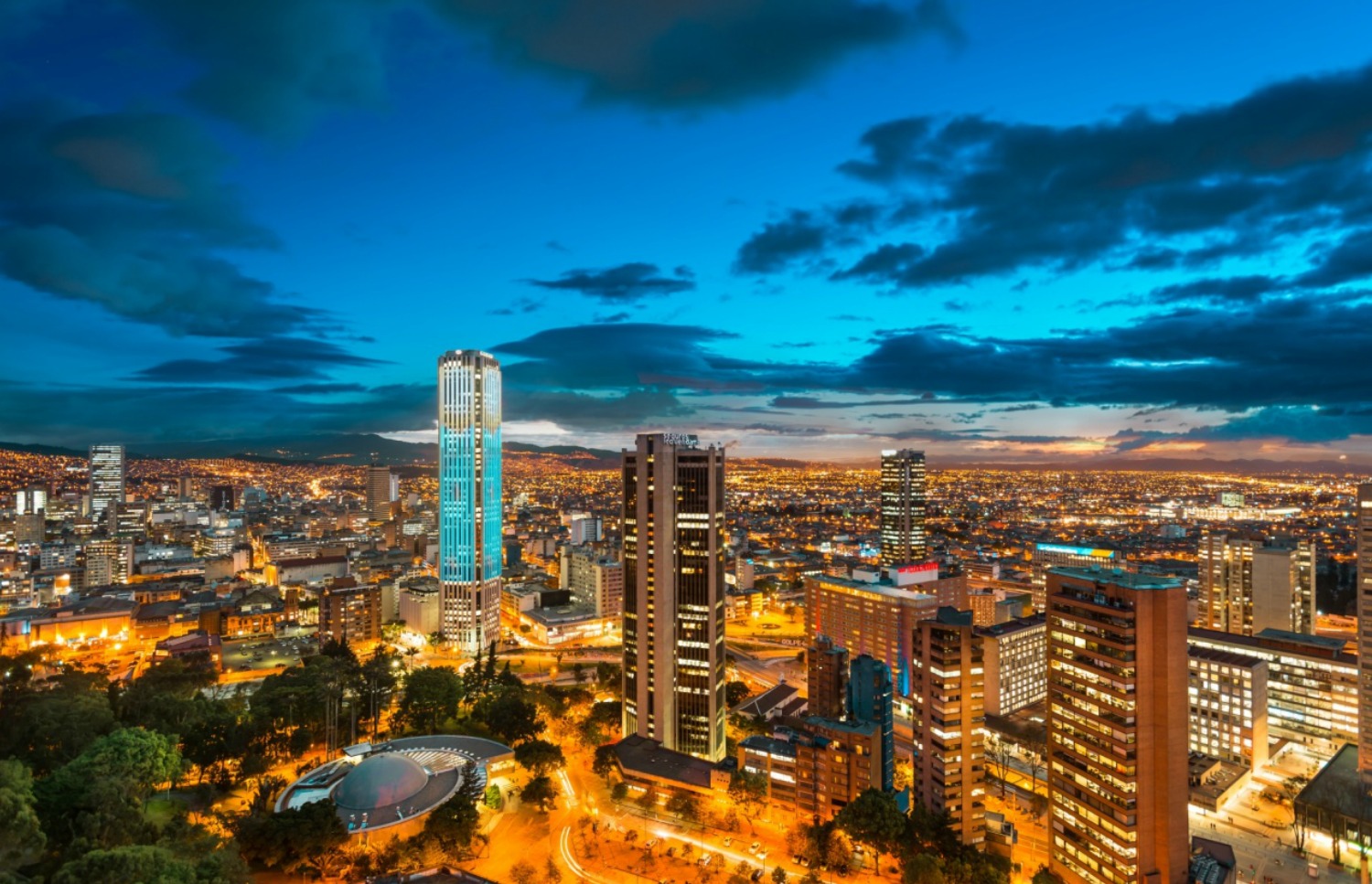
Cape Town
Travel to South Africa remains closed for international visitors however interprovincial travel is allowed for both leisure and business travel. The business events industry in the country can host domestic meetings and conferences for up to 50 people, observing health protocols. Cape Town’s flagship meeting facilities, including the Cape Town International Convention Centre boasting a floor space of 140,855 m2, has already established protocols to welcome larger groups of delegates, once it is safe to do so. The South African tourism and hospitality industry has developed comprehensive protocols for the operation of all types of tourism businesses and facilities in times of the COVID-19 pandemic. The business events sector in conjunction with the SA Events Council, hosted a Proof of Concept Conference in July to showcase the readiness of the sector to open safely and responsibly. The sector is currently marketing content to indicate the safe journey for visitors across all touch points, showcasing just how safe the journey is from booking to getting back home again.
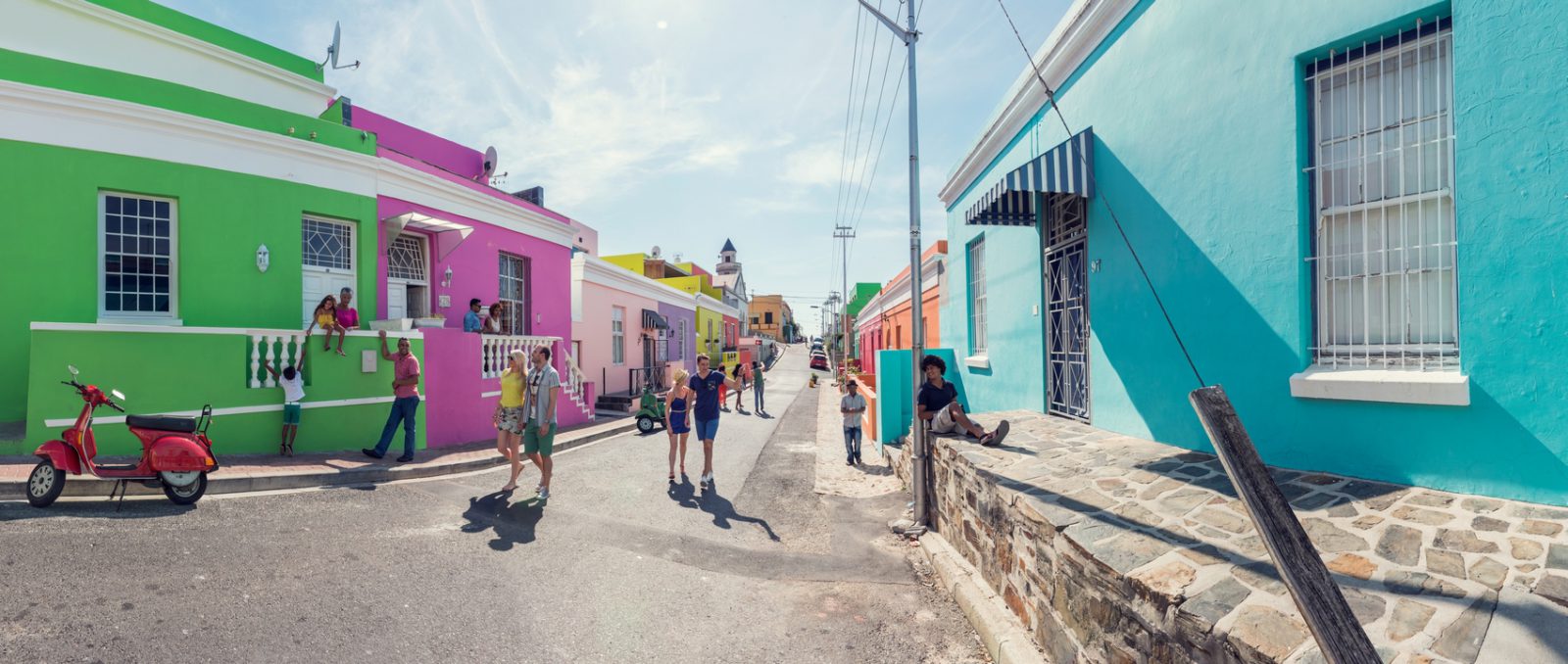
Copenhagen
Denmark has been praised for its quick response to address the Covid-19 outbreak. From its timely lockdown to its safe and gradual reopening, the country has implemented a range of measures to ensure that Denmark and Copenhagen continue to be a safe place for locals and visitors alike. Once arrived in Copenhagen, delegates can rest assured their safety is top priority for Copenhagen CVB and partners and that their events will be handled with the highest safety standards in accordance with the guidelines and requirements of the Danish Health Authorities. The Danish hotel, restaurant and tourism association, HORESTA, has developed safety guides for its industry members (“SAFE TO VISIT”) with focus on space management and hyper hygiene to secure a safe and good experience for all guests. Also the Bella Center Copenhagen’s comprehensive SafeVenue program, promotes attendee wellbeing across the venue’s sprawling 1.3 million square feet. The program comprises a transparent communications strategy to relay up-to-date information to visitors, strict cleaning protocols and a sustainability-oriented catering service that features grab-and-go options to limit contact between staff and attendees.
Dubai
After observing a strict and successful lockdown, Dubai emerged from the pandemic as one of the first destinations in the world to open its borders to nations around the world. Enhanced safety protocols start at departure airports, where passengers are required to show a negative COVID-19 test taken within 96 hours of boarding the plane. The city has also rolled out the Dubai Assured stamp, which demonstrates to visitors that each hotel, restaurant, retail outlet and attraction displaying it – following a verification and validation process – is compliant with strict safety and hygiene measures, in line with international health and safety standards and protocols. Further underlining the globally-recognised, strict protocols in place to protect both visitors and stakeholders within the tourism ecosystem, Dubai received the ‘Safe Travels’ stamp from the World Travel & Tourism Council. To help spark future convention business, Dubai World Trade Centre produced an inspiring video tied to the successful AI Everything x Restart Dubai Summer Conference that planners will find helpful when planning their next event at the 1.3 million-square-foot venue.
Houston
While the US has instituted travel restrictions for several global destinations, Houston’s convention facilities are preparing for future meetings with reopening policies tailored to each venue’s size, space and community interaction. Many of the city’s meeting spaces are ideally suited to physical distancing, including George R. Brown Convention Center, which offers 1.2 million square feet of exhibit, meeting and registration space, and has implemented Houston First Corporation’s simple yet effective COVID-19 health and safety plan. As the area prepares to safely reopen, industry partners have joined together to form Houston Clean, a campaign aimed to help guests easily identify safety measures in place to protect both patrons and associates.
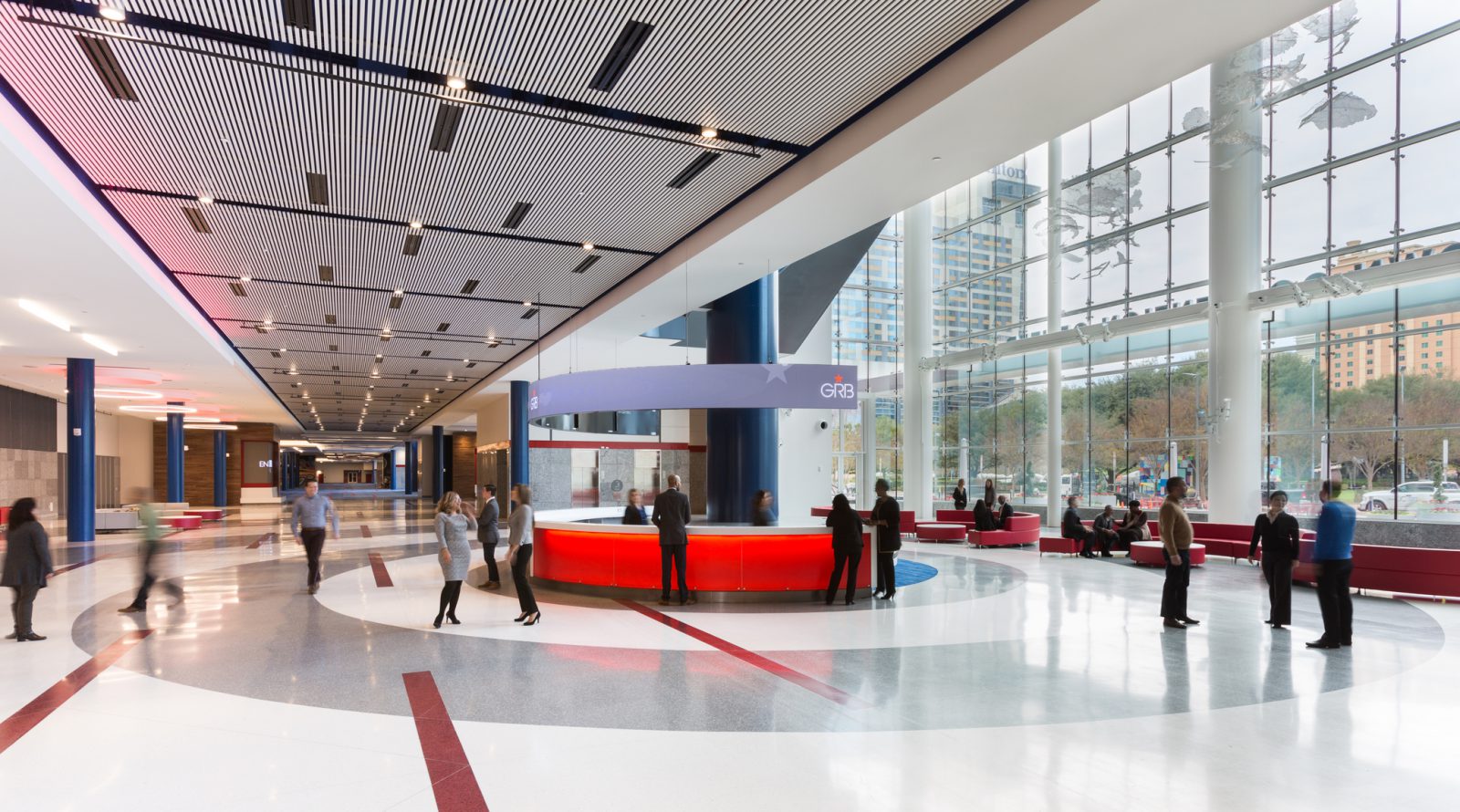
Madrid
Travel to the Spanish capital is still permitted for people from major EU countries, as well as countries with which it has signed reciprocal traveller acceptance agreements. The Spanish Ministry of Tourism, via the Institute for Spanish Tourism Quality (ICTE), has put together various contagion prevention handbooks for 21 tourism sectors to facilitate measures ranging from the development of contingency plans to all relevant safety protocols when staging any sort of event. The ICTE also offers these venues and services the chance to be audited to receive its “Safe Tourism Certified” health guarantee seal, which is based on the international UNE 0066 Specifications. Strengthening safety measures and confidence in the city’s MICE organisers will be of key importance in the coming months. In view of this, Madrid Convention Bureau has drafted a number of work materials based on 6 of the Ministry’s 21 guides, to enable Madrid’s key MICE players to show why Madrid is a safe city for their international clients. Moreover, the city’s hotels and convention centres are currently finalising or have already implemented individual prevention protocols to supplement the official seal, in addition to the health and hygiene protocols stipulated by the Ministry. With respect to maximum capacity when holding events, control over this area currently lies with the regional government of Madrid. It has set capacity restrictions for rooms and common areas in meeting centres, special venues and hotels, as well as limitations on the number of people per group in all activities, with the aim of keeping people a safe distance of at least 1.5 metres away from each other.
Melbourne
While Australia’s borders are closed to non-essential travel, meeting planners seeking information about future convention bookings in Melbourne can find up-to-date information on the Melbourne Convention Bureau’s website. Safety has always been one of Melbourne’s success factors and health and hygiene continues to be a number one priority. Australia is in a fortunate position in the global context of this pandemic, with one of the highest per capita testing rates in the world and low case numbers compared with many other cities and countries around the world. Adhering to government regulations, Melbourne Convention Exhibition Centre (MCEC) is closed to the public, but the organization has instituted a robust VenueSafe Plan, developed in line with recommendations by regional health authorities, to ensure a safe environment with scalable control measures upon reopening. Controls include required proof of registration for entrance to events; temperature checks; physical distancing promoted by signage and the use of plexiglass barriers; enhanced cleaning processes; and mandatory training on COVID-19 safety protocols for all staff. Catering service updates include pre-packaged food options, staggered break times to confirm limited capacity in seating areas, and stringent health measures for suppliers and contractors. Bonus: MCEC has an extremely helpful virtual events section on their website.
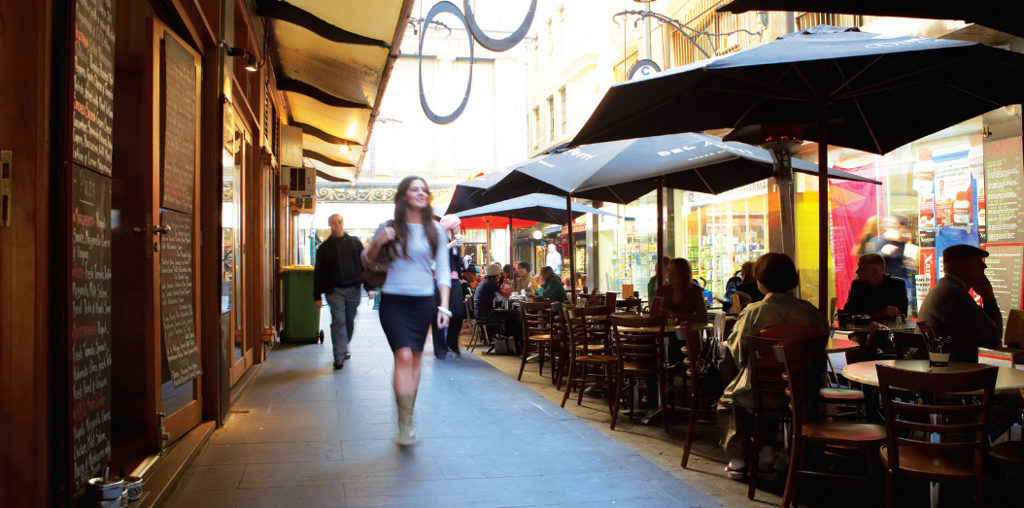
Singapore
Like many destinations, Singapore is currently closed to international travel – but that won’t last forever. This month Singapore Tourism Board (STB) will be piloting a Safe Business Event Risk Management framework to mitigate the risks associated with events by working with the industry to trial B2B events. This pilot seeks to assess the viability of these measures, ensure that events can be conducted in a safe, trusted and reliable manner for all attendees, covering the entire attendee journey from pre, during and post event planning. Currently, Singapore has introduced the Reciprocal Green Lane (RGL) to facilitate short-term essential business and official travel between China and Malaysia. Travellers under the RGL scheme are expected to undergo pre-departure and post-arrival COVID-19 tests and abide by a pre-declared controlled itinerary during their visit. More of such green lanes may be introduced in the future. The SG Clean campaign was launched in February 2020 to raise hygiene and sanitation standards across Singapore. It shows how Singapore businesses take public cleanliness and hygiene seriously and are committed to maintaining these high standards as a ‘new normal’ for the future. MICE venues, hotels, attractions, dining spots, retail businesses and other lifestyle establishments can be certified by the SG Clean quality mark if they meet inspection requirements. Raffles City Convention Centre is accredited with both the AccorHotel’s global ALLSAFE label, and is an SG Clean certified establishment. They have implemented several stringent measures such temperature checks, contact and social distancing to provide an utmost peace-of-mind event experience for their guests. In addition, Raffles City Convention Centre’s very own Contactless Event Butler mobile application will allow organisers to request service assistance via their personal devices.
Tokyo
To facilitate the return of business travel to Tokyo, coronavirus testing centres are being set up outside Haneda and Narita airports this summer. Government and health authorities have increased meetings and event maximum attendance to 5,000 people outdoors, and 50 percent capacity for indoor venues. The city’s array of convention facilities – including the majestic Tokyo International Forum, featuring 7 halls, 34 conference rooms, and a 53,819 square-foot exhibition hall and the picturesque 1,242,370 square-foot Tokyo Big Sight have instituted strict safety measures, including mandatory masks, temperature checks, physical distancing and required registration for contact tracing.
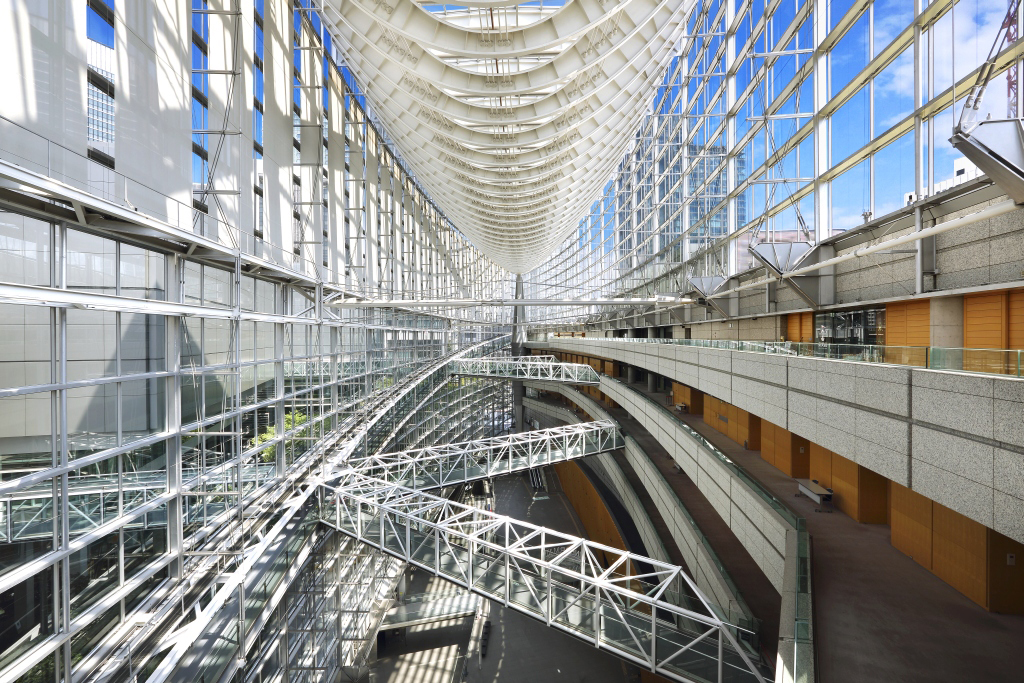
Vancouver
British Columbia’s borders are closed to non-essential travel, but Vancouver remains an attractive meetings destination once global travel resumes. The flagship Vancouver Convention Centre (VCC) has consulted with health authorities and industry professionals alike to reimagine event spaces and implement measures that prioritize attendee safety. The venue is ideal for physical distancing, with 57,964 square feet of outdoor plaza space, and 466,500 square feet of functional space across two buildings. Sophisticated HVAC contributes to optimum air quality, and multiple entrances/exits accommodate safe venue access. Visitors to the VCC will find a new check-in process upon arrival, reduced meeting room capacities, plexiglass screens and special first aid protocols for patients presenting with symptoms of respiratory illness. The venue has also promised to work with meeting organizations to develop event-specific COVID-19 Mitigation Plans and amplify communications of facility protocols to exhibitors, event staff and attendees. Delegates should note that travellers to Vancouver are currently required to self-isolate for 14 days upon arrival.
